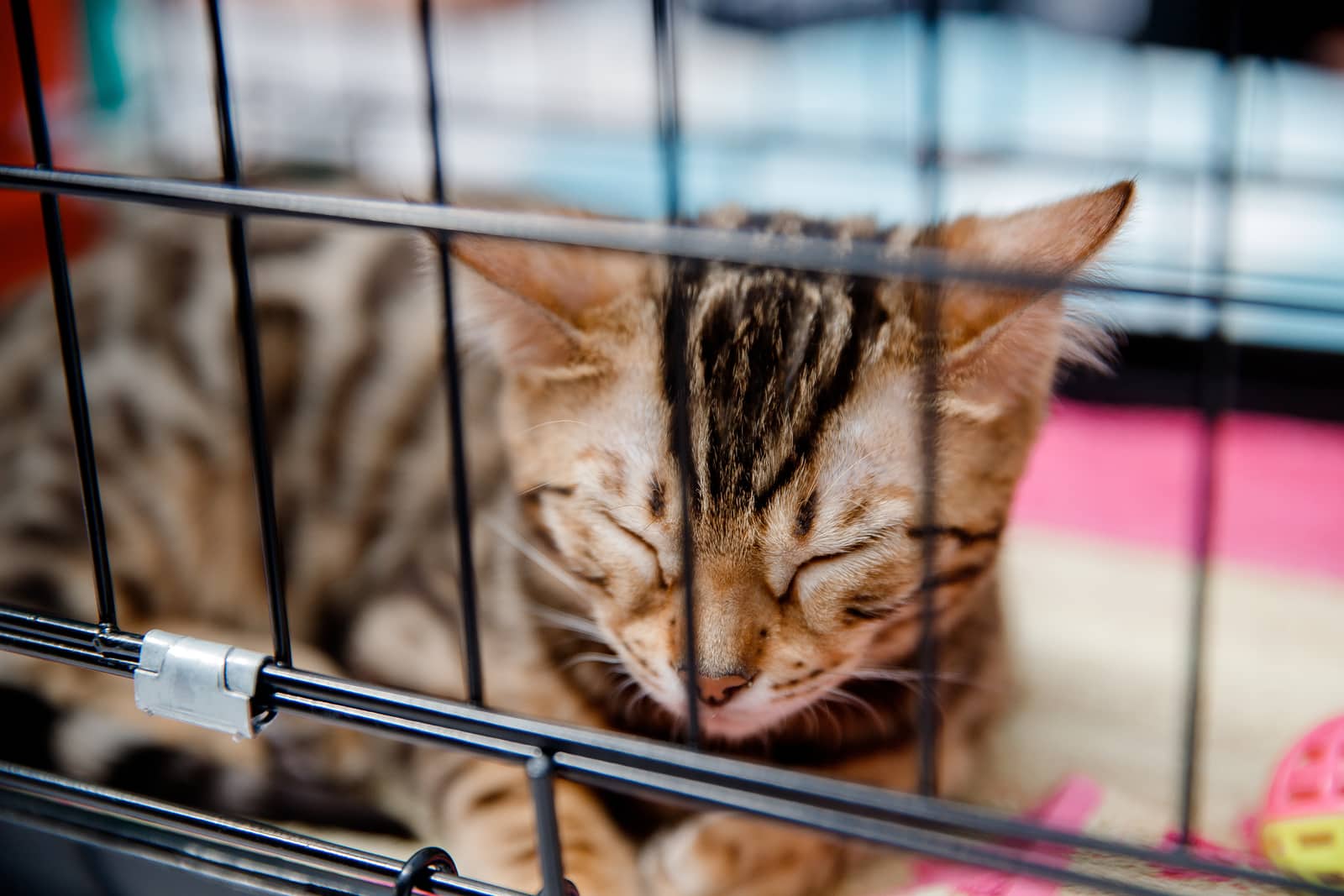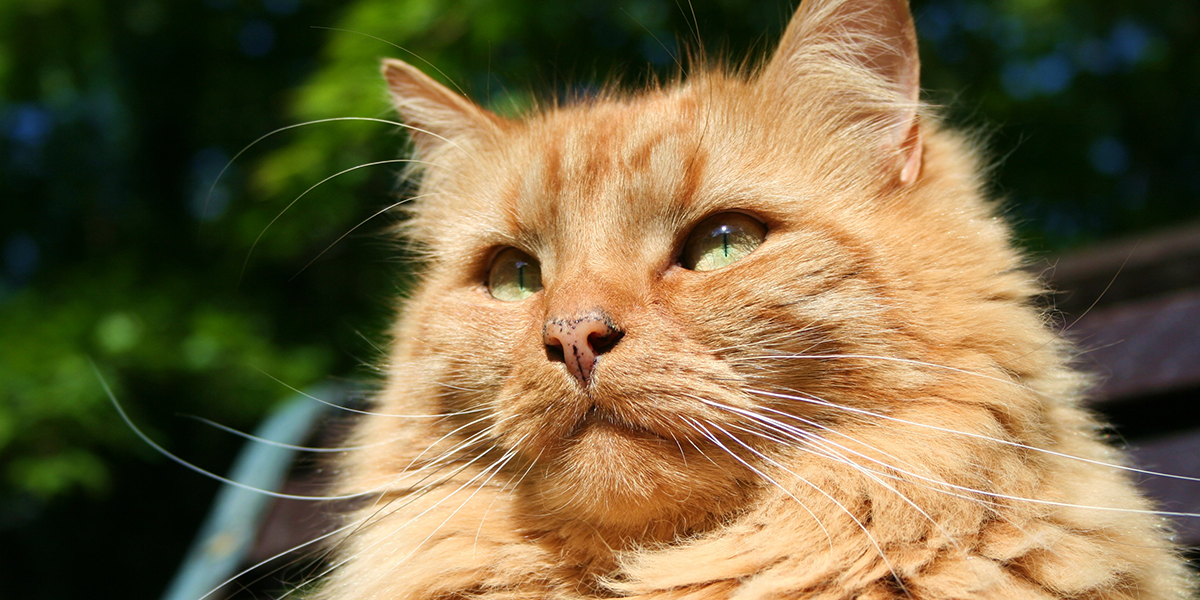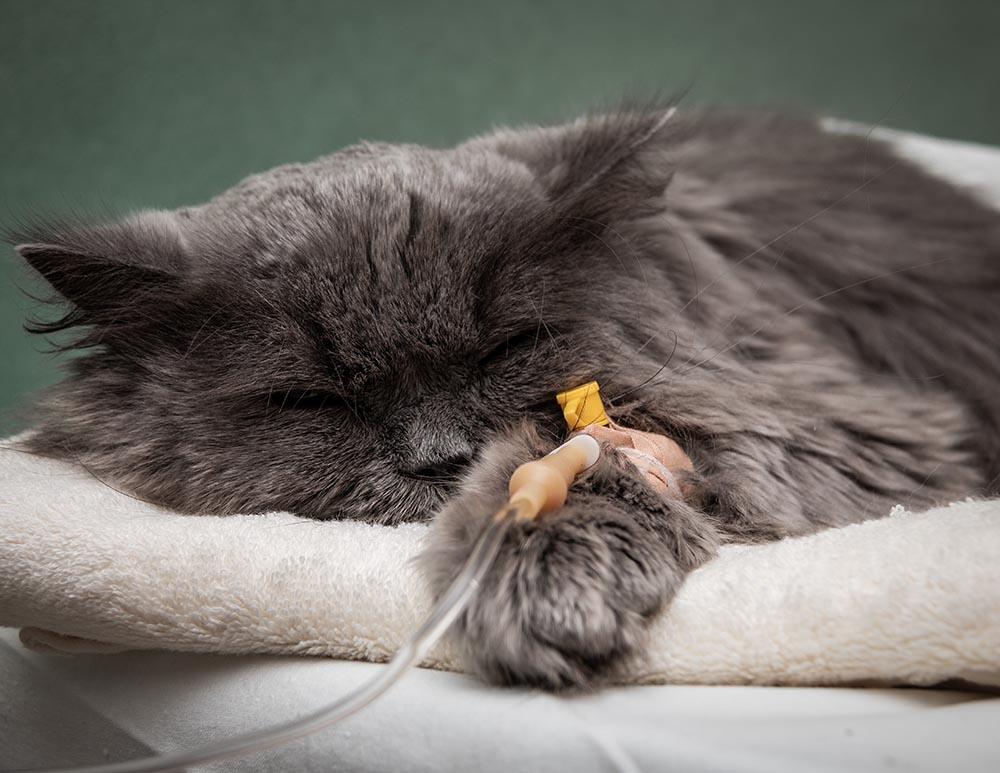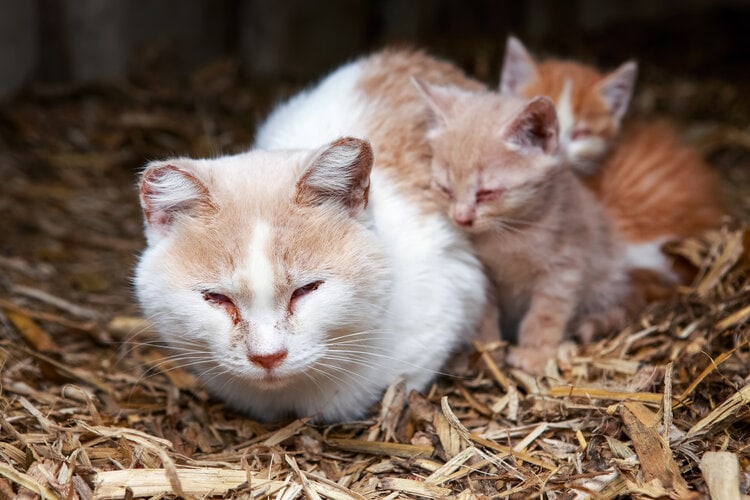bordetella in cats contagious to dogs
It affects pets in a similar manner to the common cold in humans. Feline bordetellosis is more common than previously thought with reported seroprevalence rates ranging from 24 to 79 and isolation rates of up to 47.

Diagnostic And Therapeutic Approach Dogs Infected With Bordetella Bronchiseptica And Canine Influenza Virus H3n8 Today S Veterinary Practice
Definition of kennel cough in cats.

. Kennel cough infectious tracheobronchitis or Bordetella is a highly contagious respiratory disease that usually occurs in crowded areas such as dog shelters dog hotels veterinary hospitals grooming studios and other similar places with low hygiene standards. Bordetella bronchiseptica is a bacterium that is closely related to respiratory disease in dogs. It is one of the components of the canine infectious respiratory complex sometimes referred to as kennel cough upper respiratory infection or infectious tracheobronchitis.
Just as dogs and humans can transfer and contract kennel cough so can cats. Runny noseocular discharge Sneezing Listlessness Lost appetite Depression Low fever. Transmission can occur between dogs and cats.
Like a cold it can lead to more serious illnesses such as pneumonia if. Bordetella bronchiseptica is the most common bacteria for upper respiratory infections in cats while the viruses cause 90 of upper respiratory infections in cats. Bordetella may be a nasty bacteria that has a part in causing kennel cough but it is not the only culprit involved.
Kennel cough is often referred to as Bordetella in dogs and cats. Bordetella also referred to as tracheobronchitis canine cough in dogs and feline bordetellosis in cats is a highly contagious respiratory disease in cats and dogs caused by the bacteria bordetella bronchiseptica. Bordetella can also be transmitted from dogs to cats.
Bronchiseptica can also be spread between dogs and cats. Though uncommon it can be transmitted back and forth between cats and dogs¹ and can present a risk to individuals with cystic fibrosis². Some of the other most common symptoms of bordetella in dogs might be a runny nose sneezing lack of energy decreased appetite and mild fever.
415 15 votes The bordetella vaccine is given to both puppies and adult dogs. Bordetella is not technically the only cause of kennel cough in dogs it. In fact cats and dogs can transmit the disease to each other as well as to other animals within their species.
Research data indicates that exposure in the feline population is approximately twenty-five percent. Easily spread through direct or indirect contact. Treatment ranges from antibiotics to hospitalization.
In healthy adult dogs the condition is typically not life threatening. Puppies can receive the injectable vaccine starting at 6 to 8 weeks of age followed by a booster between 10 and 12 weeks of age. Bordetellosis which affects dogs so badly can also affect cats causing mild to very severe respiratory problems.
Kennel cough also known as bordetella is contagious to cats. Bordetella bronchispetica Bordetella for short is a highly contagious bacterial infection of the respiratory system that can infect multiple species including cats and dogs. While exposure to a few pathogens leaves dogs susceptible to contracting kennel cough Bordetella bronchiseptica is the only pathgen that affects cats.
Crowded or stressed conditions such as those found at animal shelters catteries show competitions can provide ideal conditions for transmission of the illness. However the kennel cough vaccine is a vaccine that offers protection from the Bordetella Bronchiseptica bacteria alone. The disease is most severe in kittens where fatal bronchopneumonia has been reported.
The Bordetella vaccine is a preventive measure to ward off a highly contagious bacterial illness that can be readily spread from dog to dog cat to cat and dog to cat. However this isnt entirely accurate. It is highly contagious and spread through contact or inhalation of respiratory secretions.
One of the most common causes for kennel cough is bordetella. There is a high mortality when outbreaks in. This is much more common in dogs.
This vaccine helps to ward off a frequent illness that is known as kennel cough. Human transmission is also possible so people who have a compromised immune system. Because kennel cough is a zoonotic disease dogs and cats can pass it to one.
Feline bordetellosis is a contagious infection in cats. According to the koret shelter medicine program website coughing dogs in a shelter stress out cats as does constant barking. Cats can also remain infected with B.
Bronchiseptica for many months after clinical signs of infection have subsided so recovered cats can also be a potential source of infection to others. Kennel cough also known as bordetella is a highly contagious bacterial disease that affects the upper respiratory tract and spreads quickly. As bordetella is very contagious the first step if your.
For adult dogs or puppies older than 16 weeks the intranasal vaccine can be given once and the injectable vaccine should be given twice two to four weeks apart. Bordetella respiratory disease is caused by the bacteria Bordetella bronchiseptica and is often called Kennel Cough in young dogs. Kennel cough is the common name for infectious tracheobronchitis a highly infectious respiratory illness that can affect both dogs and cats.
Cats can get kennel cough bordetella bronchiseptica from infected dogs as well as from infected cats. In dogs its known as kennel cough. Most people who own dogs have heard about kennel cough but did you know that cats too can suffer from this highly contagious bacterial disease.
It is primarily found in domestic dogs and cats and is recognized as a syndrome in grey and red squirrels. However this does not mean that every dog shelter or pet hotel has unsanitary conditions. The primary symptom of Bordetella is usually a non-productive but frequent dry cough that may sound as though your dog is choking on something.
Kennel cough is easily spread from one dog to another and is highly contagious. Adult cats and kittens older than 16 weeks of age. You could see other signs like.
445 27 votes Yes cats can get kennel cough just like dogs.

Kennel Cough In Dogs Cats Does My Pet Have It Hill S Pet

Kennel Cough In Dogs Cats Does My Pet Have It Hill S Pet

Kennel Cough In Dogs Cats Does My Pet Have It Hill S Pet

Bordetella Bronchiseptica Infection In Cats International Cat Care

Kennel Cough In Dogs Cats Does My Pet Have It Hill S Pet

Kennel Cough In Dogs Cats Does My Pet Have It Hill S Pet

Kennel Cough In Cats Symptoms Causes Treatment Pet Keen

Kennel Cough Explained Vet Medicine Vet Tech School Vet Tech Student

How I Cured My Dog S Kennel Cough Dog Cough Remedies Kennel Cough Treatment Dog Remedies

Kennel Cough In Cats Symptoms Causes Treatment Pet Keen

Bordetella Bronchiseptica Pneumonia In Dogs A B D F And A Cat C Download Scientific Diagram

Are Pumpkins Safe For Cats Unique Animals Dog Cat Pet Poison

Help Im Lost Cats Animals Cute Animals

Kennel Cough In Dogs Cats Does My Pet Have It Hill S Pet

What Is Kennel Cough In Cats Feline Health Cats Kennel Cough Symptoms



